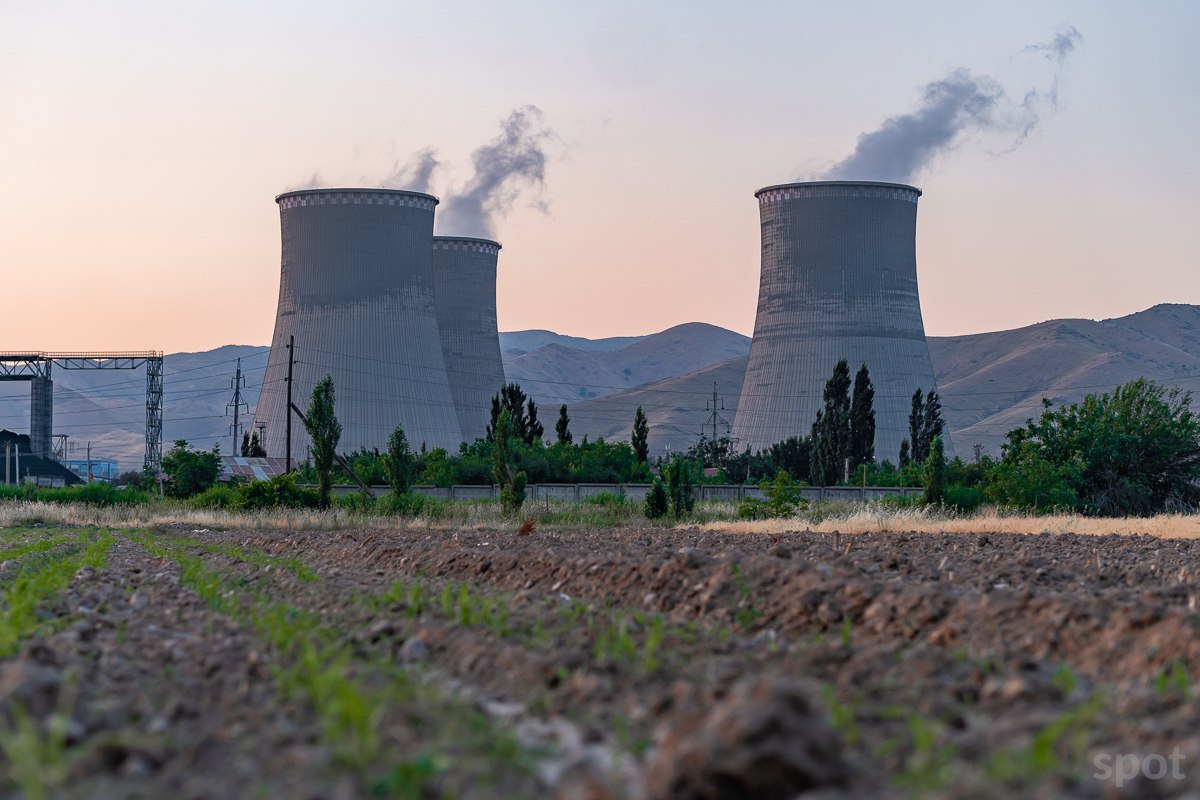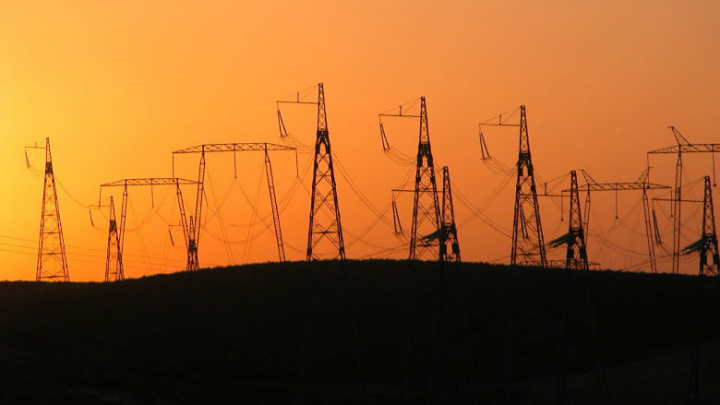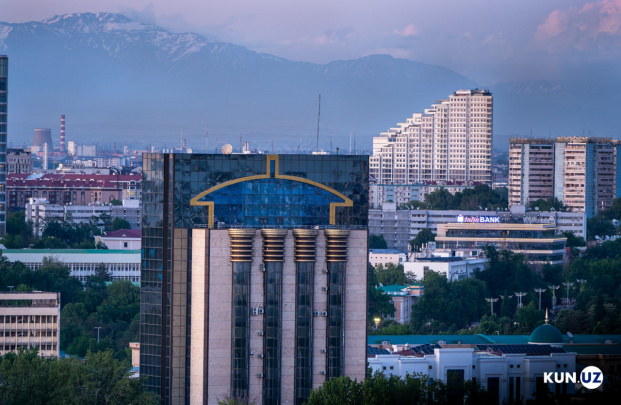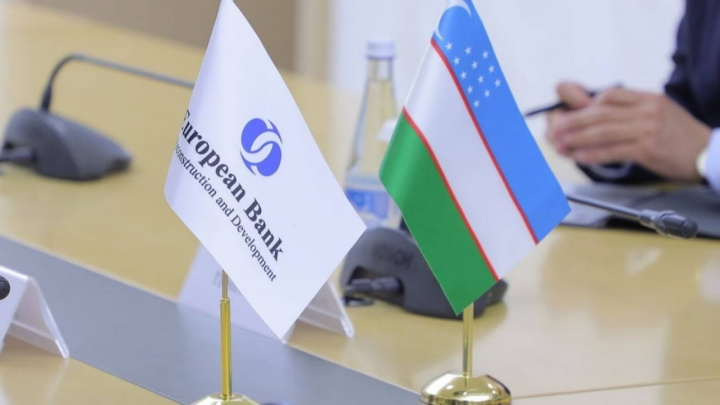Uzbekistan to cut fossil fuel subsidies and reduce emissions with support from World Bank
During the 2023 World Bank Group and International Monetary Fund Annual Meetings in Marrakech, Morocco, the government of Uzbekistan and the World Bank signed an agreement to allocate $46.25 million for financing the Innovative Carbon Resource Application for Energy Transition Project (iCRAFT).

Photo: Spot
These funds will help implement a project supporting the country’s clean energy transition, energy efficiency, and energy subsidy reforms, the World Bank said in a press release.
The iCRAFT Project, funded by the World Bank’s Transformative Carbon Asset Facility (TCAF), is the Bank’s first initiative globally to support policy reforms through payments for emission reductions. It expands the focus of carbon finance operations to fundamental reform measures that will help Uzbekistan achieve its international climate commitments and improve the efficient use of energy resources. Thus, the project will serve as a model for similar future operations across the globe.
Uzbekistan is one of the most energy and emissions-intensive countries in the world. High subsidies keep electricity and natural gas prices low resulting in low revenue generation that is insufficient for recovering its costs of production and delivery. Low prices discourage households and businesses from pursuing energy efficiency and conservation efforts, and they limit the capacity of the sector to improve service delivery. To change the situation in the sector, the government has launched energy subsidy reforms, which gradually adjust tariffs to bring prices in line with costs.
The government has committed to use a portion of the project funds to protect vulnerable households from energy tariff adjustments. The project funds will also further finance the national green transition agenda and broader energy sector reform initiatives.
“We welcome Uzbekistan’s sustained efforts to reform its energy sector and build a green economy,” said Tatiana Proskuryakova, World Bank’s Regional Director for Central Asia during the signing ceremony in Marrakech. “The new project is a critical first step in the gradual elimination of energy subsidies, which encourage waste and divert government resources from other priorities such as health, education, and social protection. Effective policy reforms in the energy sector would strengthen Uzbekistan’s economy while substantially reducing greenhouse gas emissions.”
The iCRAFT Project, is the first climate and carbon finance transaction in Central Asia, under the Paris Agreement, an international treaty that aims to limit global temperature increases by lowering global greenhouse gas emissions. It will purchase – annually until 2027 – emission reductions achieved through efficient use of energy resources and incentivized by energy subsidy reforms.
The project will also help Uzbekistan access international carbon markets through the pilot international carbon trade transaction, providing further incentives for the country to pursue its green transition.
“The government of Uzbekistan is proud to implement this innovative project. Thanks to the project-supported activities, we will reduce emissions of around 60 million metric tons of CO2 over the project lifetime,” noted Jamshid Kuchkarov, Deputy Prime Minister of Uzbekistan and the WBG Governor. “Under the project, approximately 2-2.5 million tons of CO2 will be purchased, and the country will be able to sell the remaining emissions reductions on international carbon markets using the systems, infrastructure, and processes established and tested through this project.”
The World Bank and TCAF assist developing countries in meeting their international commitments to reduce emissions and adapt to the effects of climate change. The project implemented in Uzbekistan will potentially serve as a proof-of-concept for other member countries of the World Bank in the future.
Related News

11:17 / 24.01.2026
World Bank approves $1 billion program to create Central Asia’s first regional electricity market

17:49 / 23.01.2026
Central Bank warns commercial banks over unfair loan sanctions

16:51 / 21.01.2026
Fraudulently issued online loans to be suspended under new regulation

16:08 / 15.01.2026




